Discover the importance of CO2 recovery in breweries and how it enhances efficiency, sustainability, and profitability while reducing environmental impact.
Introduction
In the brewing industry, carbon dioxide (CO2) plays a crucial role in the beer-making process. From fermentation to packaging, CO2 is indispensable. However, breweries also produce significant amounts of CO2 as a byproduct. Historically, much of this CO2 was released into the atmosphere, contributing to greenhouse gas emissions. Today, with growing environmental awareness and economic considerations, CO2 recovery in breweries has gained significant importance. This article delves into the myriad benefits of CO2 recovery, its impact on sustainability, and the advanced technologies driving this essential practice.
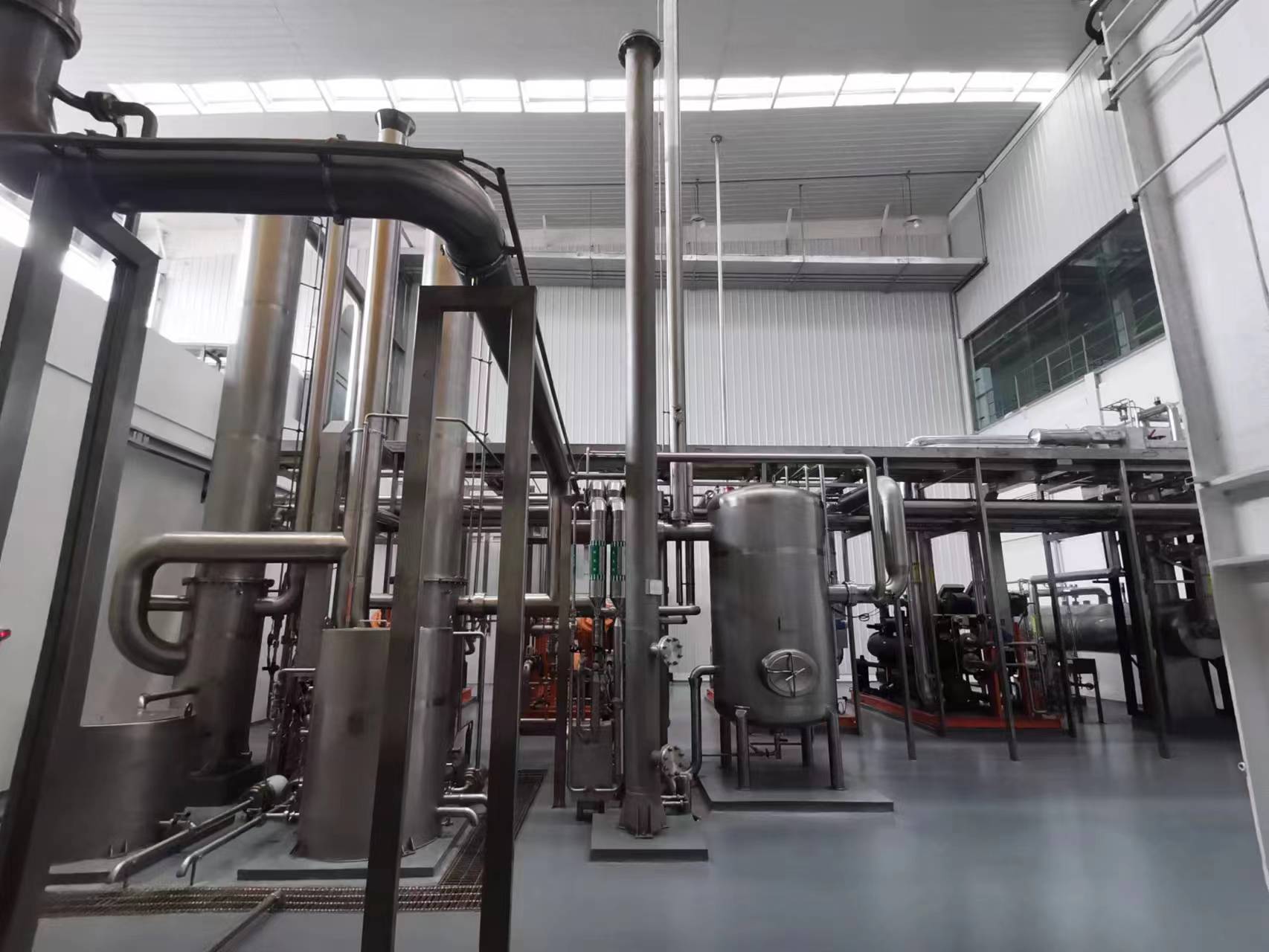
Understanding CO2 in Brewing
Role of CO2 in Brewing
CO2 is integral to the brewing process, influencing carbonation, flavor, and preservation. During fermentation, yeast converts sugars into alcohol and CO2, naturally carbonating the beer. Additional CO2 is often added during packaging to achieve desired carbonation levels.
Sources of CO2 in Breweries
Breweries generate CO2 from fermentation tanks and during beer transfer processes. Understanding these sources helps in designing efficient CO2 recovery systems.
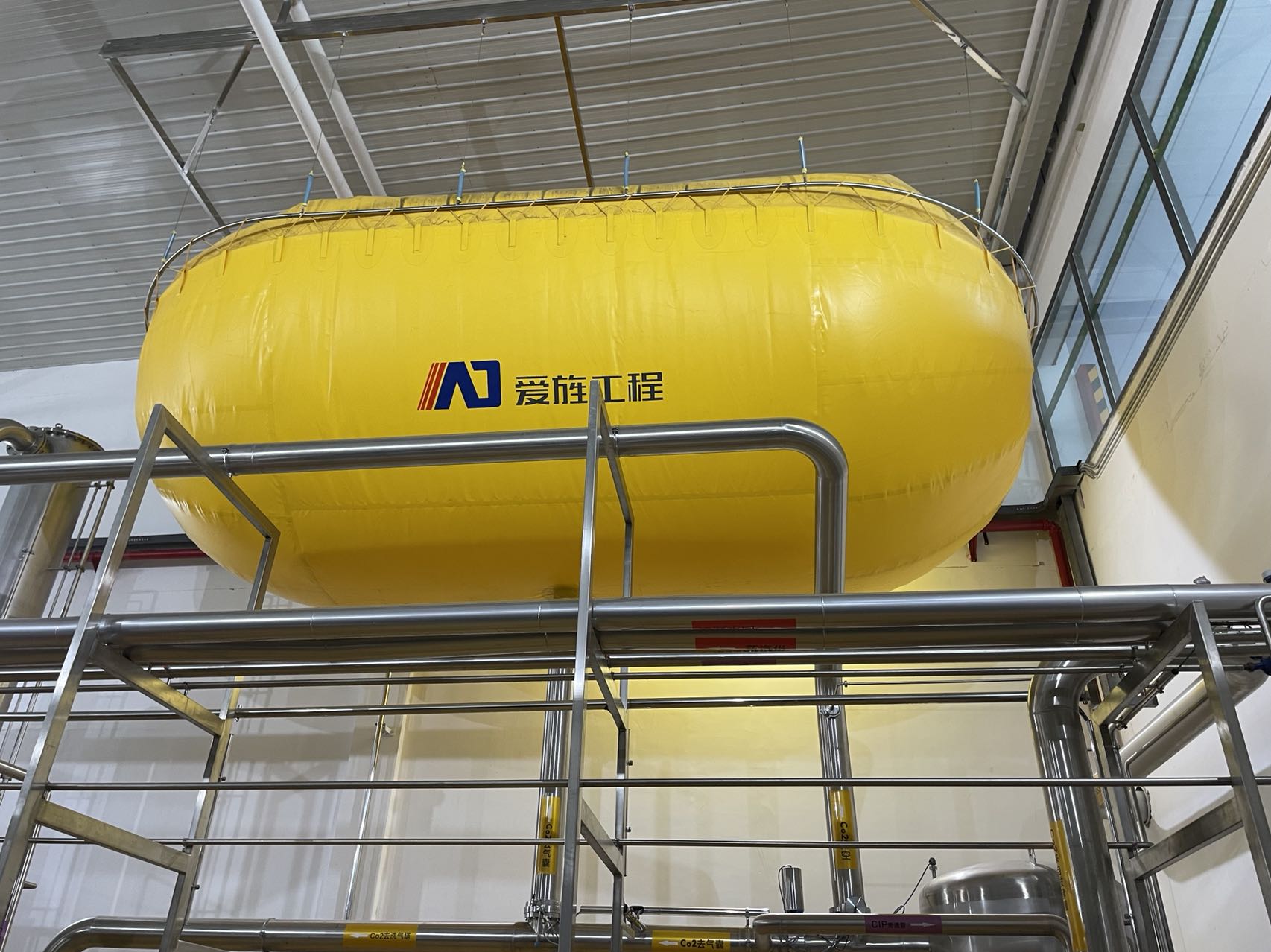
The Process of CO2 Recovery
Steps Involved in CO2 Recovery
- Collection: CO2 is collected from fermentation tanks and other sources.
- Purification: The collected gas is purified to remove impurities.
- Compression: Purified CO2 is compressed for storage.
- Storage: Compressed CO2 is stored in tanks for future use.
Equipment Used in CO2 Recovery
Key equipment includes CO2 scrubbers, compressors, storage tanks, and monitoring systems. These components work together to ensure efficient recovery and reuse of CO2.
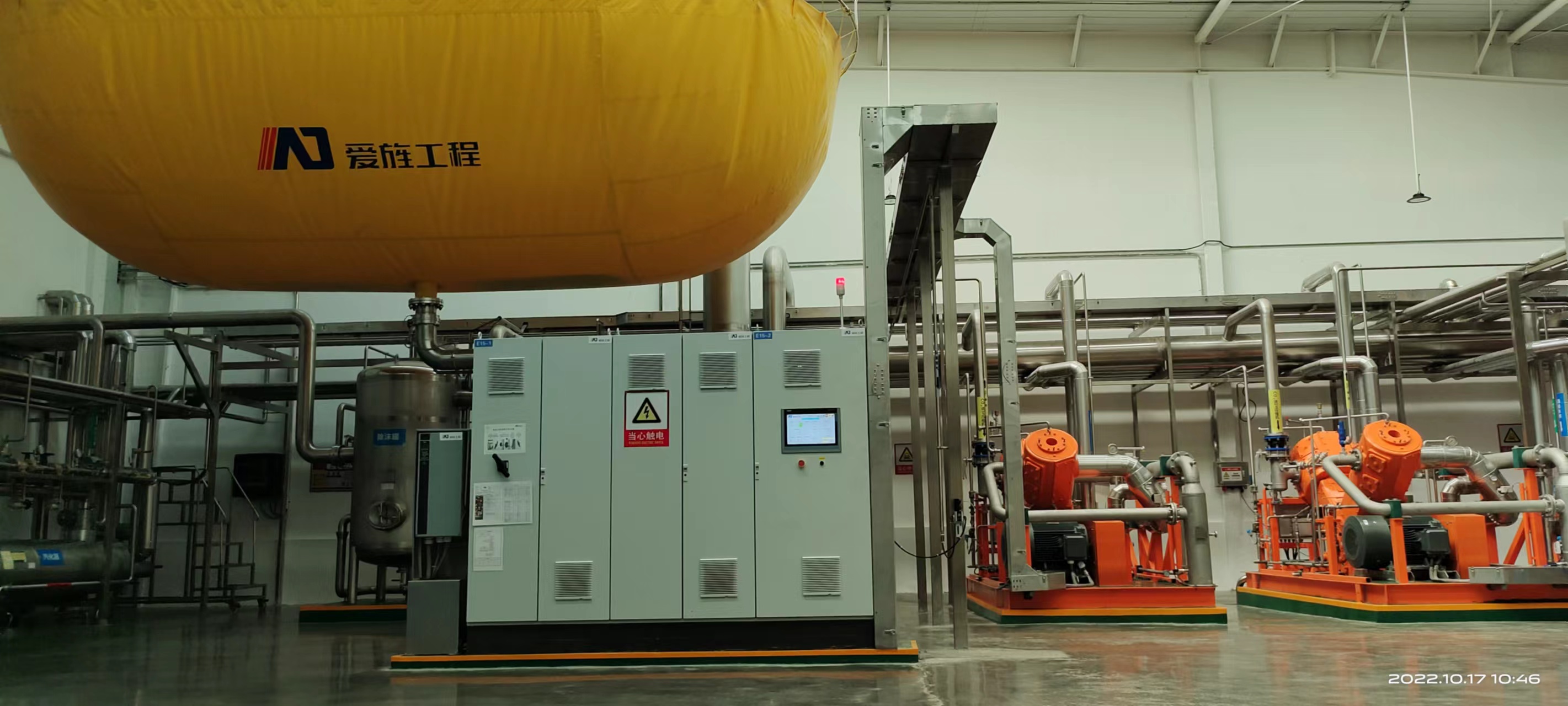
Environmental Impact
Reducing Greenhouse Gases
CO2 recovery significantly reduces the amount of CO2 released into the atmosphere. This practice aligns with global efforts to mitigate climate change by lowering greenhouse gas emissions.
Sustainability Goals
Breweries adopting CO2 recovery contribute to broader sustainability goals, enhancing their environmental stewardship and improving their public image.
Economic Benefits
Cost Savings
Recovering CO2 can lead to substantial cost savings. By reusing CO2 produced during brewing, breweries reduce the need to purchase CO2 from external suppliers.
Increased Efficiency
Efficient CO2 recovery systems streamline the brewing process, reducing waste and improving overall operational efficiency.
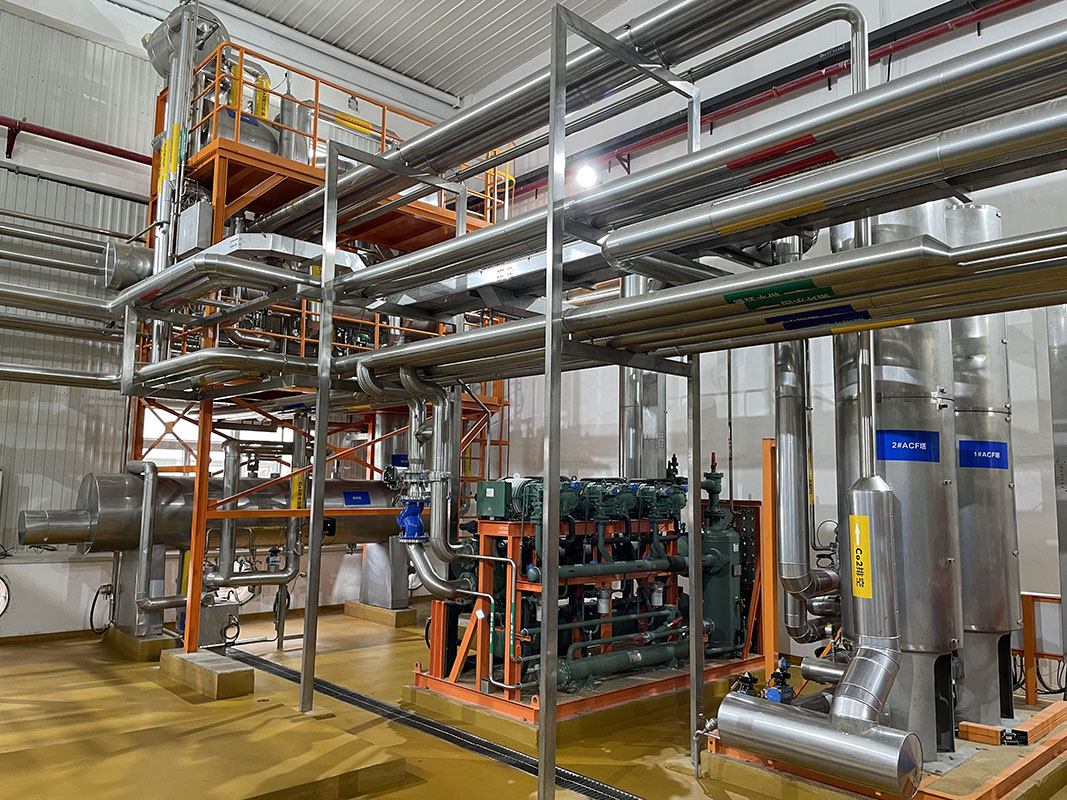
Technological Advances
Innovations in CO2 Recovery Systems
Recent technological advancements have made CO2 recovery systems more efficient and affordable. Innovations include enhanced purification methods and automated monitoring systems that optimize recovery processes.
Case Studies
Examples of Breweries Successfully Implementing CO2 Recovery
- Brewery A: Implemented a state-of-the-art CO2 recovery system, reducing emissions by 50% and saving $100,000 annually.
- Brewery B: Achieved carbon neutrality by incorporating comprehensive CO2 recovery and other sustainable practices.
Challenges and Solutions
Common Obstacles
- Initial Costs: High upfront investment for CO2 recovery equipment.
- Maintenance: Ongoing maintenance requirements for recovery systems.
Overcoming Challenges
- Grants and Incentives: Many governments offer financial incentives to offset initial costs.
- Training: Proper training for staff ensures efficient operation and maintenance of CO2 recovery systems.
Regulatory Considerations
Compliance with Environmental Regulations
Breweries must navigate various environmental regulations related to CO2 emissions. Implementing CO2 recovery helps in achieving compliance and avoiding potential fines.
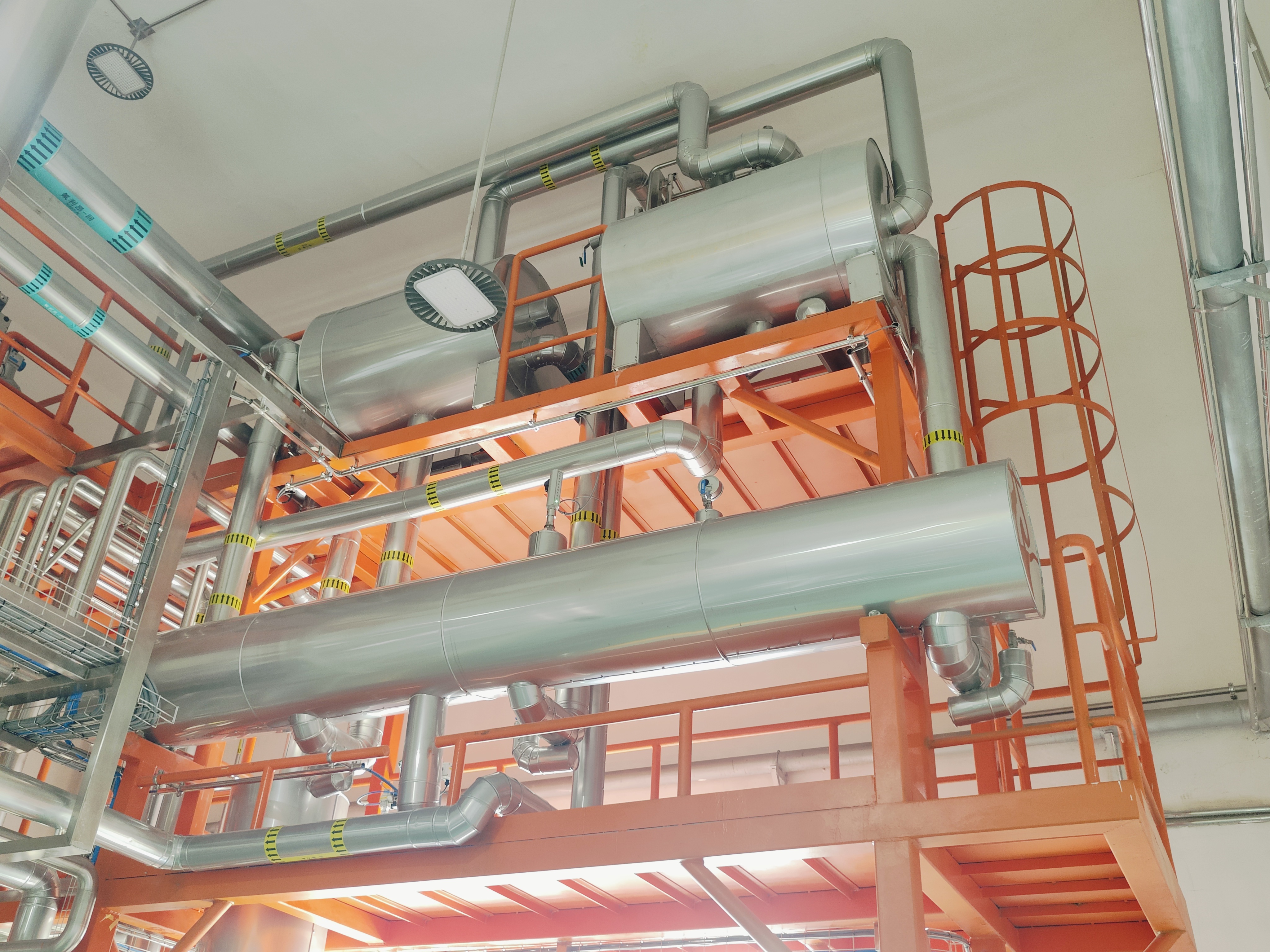
Future Trends
Emerging Trends in CO2 Recovery
Future trends include the integration of CO2 recovery with renewable energy sources, making the brewing process even more sustainable. Additionally, advancements in technology will further reduce costs and improve efficiency.
Frequently Asked Questions
What is CO2 recovery in breweries?
CO2 recovery involves capturing and reusing carbon dioxide produced during the brewing process, reducing waste and emissions.
Why is CO2 recovery important for breweries?
It helps reduce greenhouse gas emissions, cut costs, and improve operational efficiency, aligning with sustainability goals.
What are the economic benefits of CO2 recovery?
Breweries save money by reducing the need to purchase CO2 and improving overall process efficiency.
What challenges do breweries face with CO2 recovery?
Initial costs and maintenance requirements are the primary challenges, but these can be mitigated through incentives and proper training.
How does CO2 recovery contribute to sustainability?
It reduces carbon emissions, aligns with environmental goals, and promotes a positive public image for breweries.
What are the future trends in CO2 recovery?
Integration with renewable energy and continuous technological advancements are the key future trends in CO2 recovery.
Conclusion
CO2 recovery in breweries is a critical practice that combines environmental stewardship with economic benefits. By implementing effective CO2 recovery systems, breweries can significantly reduce their carbon footprint, save costs, and enhance operational efficiency. As technology continues to evolve, the future of CO2 recovery looks promising, paving the way for a more sustainable brewing industry.
